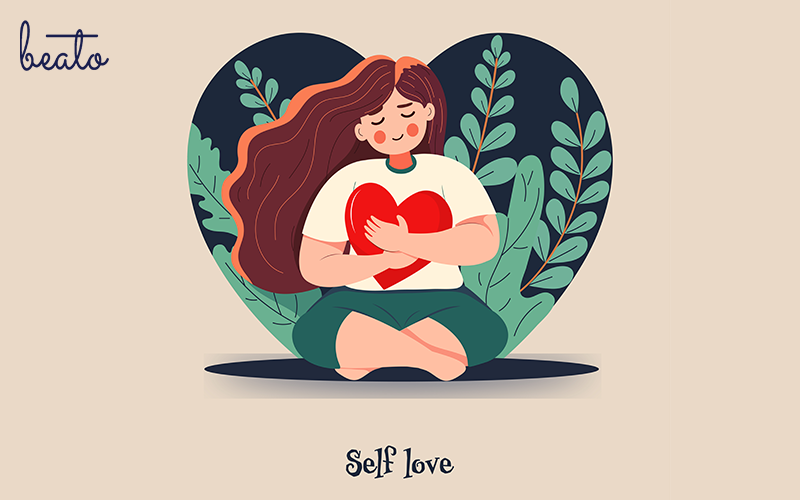Flowers are one of the most popular and meaningful gifts across the world. They bring joy, convey appreciation, and express one’s love. However, in multicultural countries like Singapore, it is important to understand different cultural superstitions as some flowers may carry unintended messages. Understanding the symbolism of flowers helps ensure that your gift is appropriate and well-received. Here’s a guide to help you tell the difference.
Flowers and Their Symbolic Meanings Around the World
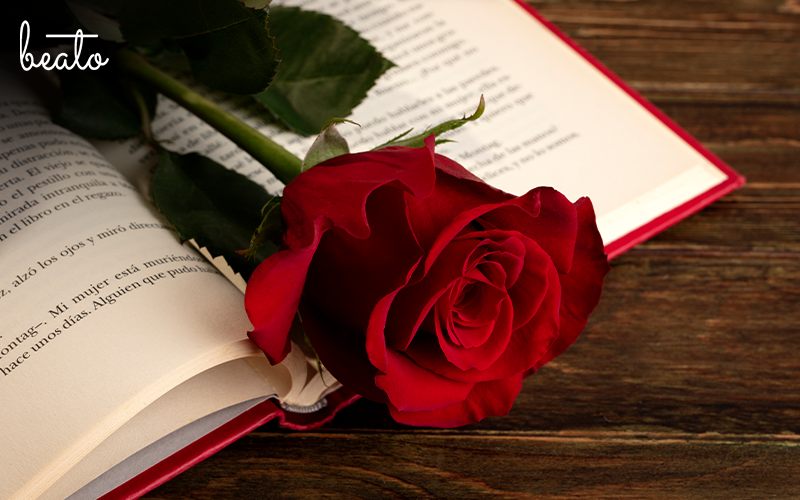

Different cultures attach different meanings to flowers. The red rose, for example, is widely seen as a symbol of romantic love. It is a common choice for wedding anniversary flowers. On the other hand, white lilies are associated with funerals and mourning in many cultures, especially in Chinese and European traditions.
In Japan, camellias (particularly red ones) can symbolise death and are rarely used for celebrations. In contrast, the sunflower, with its bright appearance, often represents positivity and long life. Understanding the cultural superstitions and symbolisms of these flowers is equally important, whether you are sending a birthday flower bouquet, congratulating someone on a milestone, or choosing flowers for funeral arrangements. You do not want to inadvertently send the wrong message through your well-intentioned gift.
Flowers to Avoid: Unlucky Blooms and Their Associations
Night flowers have evolved unique ways to survive and reproduce in the absence of sunlight. These flowers often rely on moths and bats for pollination, rather than bees and butterflies. Their pale or white petals stand out in the dark, and their strong fragrances help guide pollinators. These specialised pollination methods increase their chances of reproduction at night. In Singapore’s urban setting, where light pollution is common, choosing shaded areas in your garden can help maintain their natural blooming patterns. Understanding these adaptations can make it easier when incorporating night-blooming flowers into home gardens or floral designs.
Cultural Significance and Symbolism
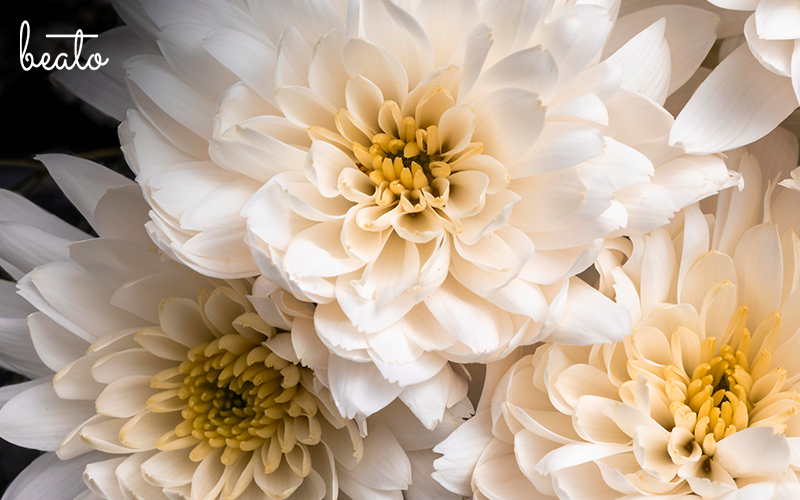

Some flowers are considered unlucky flowers because of cultural superstitions or historical associations. For example, chrysanthemums, though common in Western flower arrangements, are seen as funeral flowers in Chinese culture. Giving someone a bouquet of chrysanthemums may unintentionally send a negative message, especially during festive events like weddings or birthdays.
Similarly, gifting white lilies outside of a mourning context can seem inappropriate in some cultures. In some Southeast Asian communities, frangipani flowers are linked to temples and cemeteries, making them unsuitable as gifts for joyful occasions. In Singapore’s diverse society, being aware of these nuances can help you avoid social mistakes.
Flowers that Bring Good Luck and Prosperity
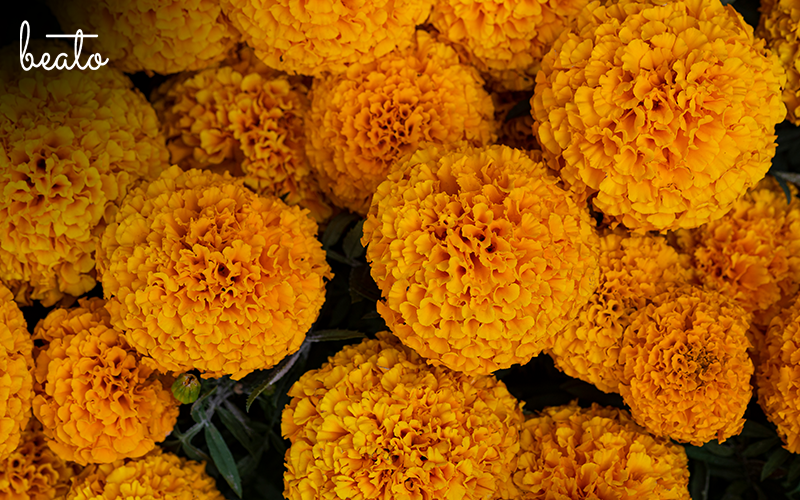

Thankfully, many flowers carry positive meanings and are known to bring joy, luck, and blessings. Orchids, for instance, are highly valued in Chinese culture and symbolise wealth, beauty, and fertility. They make excellent birthday flower bouquets or thoughtful gifts for housewarmings and business openings.
Marigolds, widely used in Hindu ceremonies, represent purity and auspicious beginnings. Lotus flowers also hold spiritual meaning in both Hinduism and Buddhism and are often seen as a sign of enlightenment and strength. These flowers are believed to bring prosperity and are perfect for occasions where you wish to bless someone with success and happiness.
Peonies are another flower believed to attract good fortune and happy relationships. They are suitable for weddings and anniversaries, especially when arranged in elegant wedding anniversary flower bouquets.
When to Choose the Right Flower for the Right Occasion
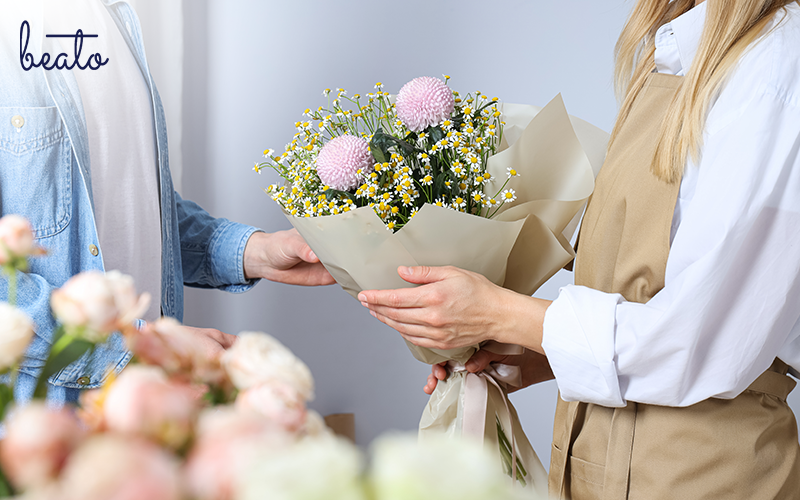

Regardless of the occasion, choosing the right flowers is a sign of respect for one’s customs, traditions, and cultural superstitions. For funerals, white or pale-coloured flowers such as lilies, chrysanthemums (only if appropriate to the culture), or orchids are often suitable. Keep the arrangement simple and elegant to convey sympathy and peace.
For birthdays, go for vibrant, joyful colours. Flowers like roses, gerberas, or orchids can brighten someone’s day. You should also tailor your choice to the recipient’s cultural background if possible. For example, avoid gifting clocks or flowers in sets of four in Chinese culture, as the number four sounds like the word for death.
At weddings or anniversaries, pick flowers that symbolise love, unity, and lasting happiness. Roses, tulips, and peonies are just a few appropriate choices that you can consider. Add a personal touch by considering the couple’s favourite blooms or incorporating seasonal flowers.
Always check with your florist about the cultural meaning behind your selection. A reputable floral service should be able to guide you through the conceptualisation and creation of your flower arrangement.
The world of flowers is rich with meaning, tradition, and emotion. As we live amidst Singapore’s multicultural melting pot, it is imperative that we take the time to understand the cultural superstitions and symbolisms behind different types of flowers. This ensures that your floral gift carries the right message. Whether you are preparing flowers for funeral services or selecting the perfect birthday flower bouquet, your awareness of the meanings behind each flower can make all the difference.
Here at Beato Fiore, our team of experienced florists is well-versed in both the artistic and symbolic aspects of a wide range of flowers. This allows us to serve you effectively by providing relevant and sound advice on the kinds of flowers you should be getting for each occasion. Additionally, our efficient florist delivery services help keep your flowers fresh on arrival, ensuring that your floral gifts remain presentable whilst conveying the right wishes to your recipients.
For more information about our services, please contact us today.

